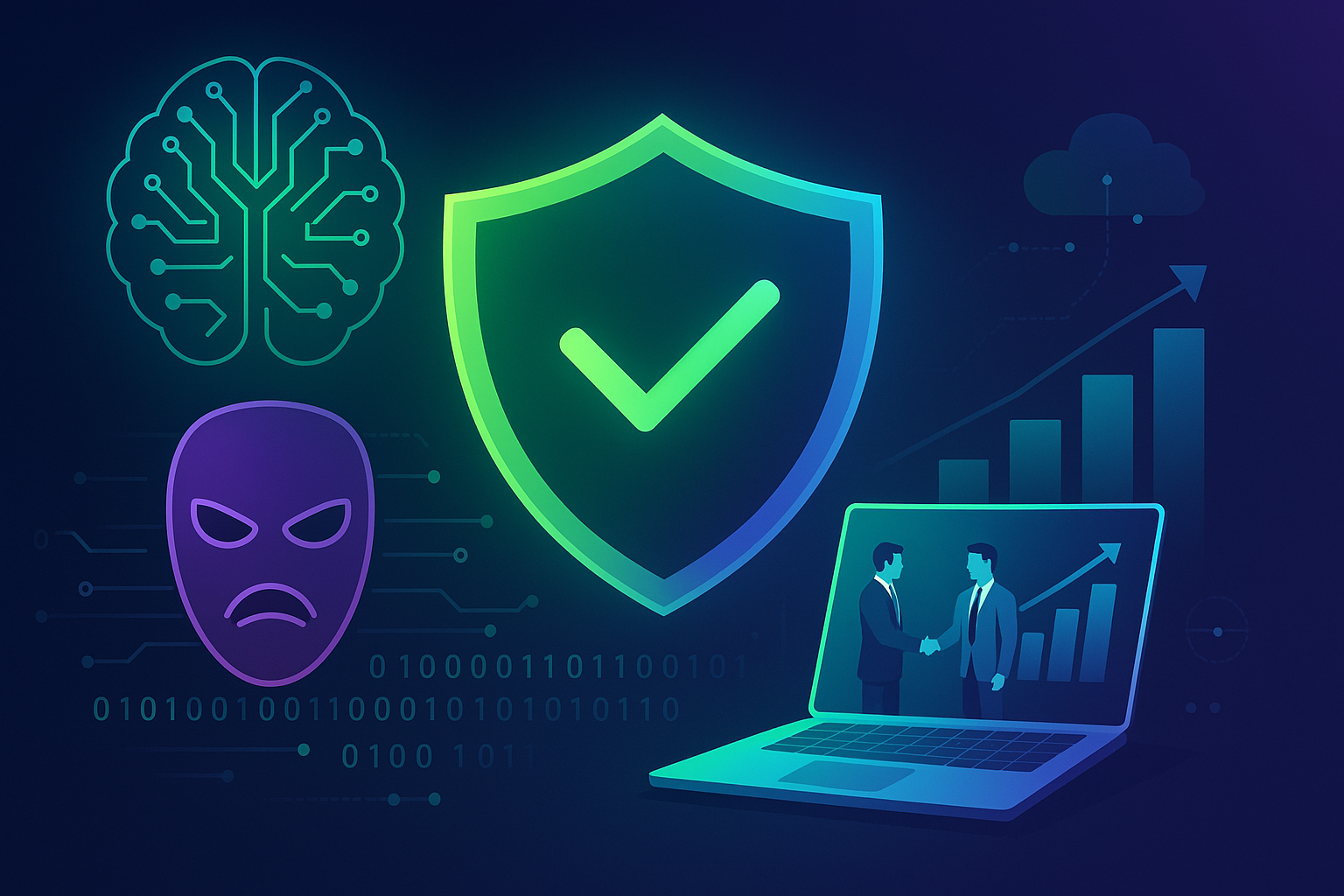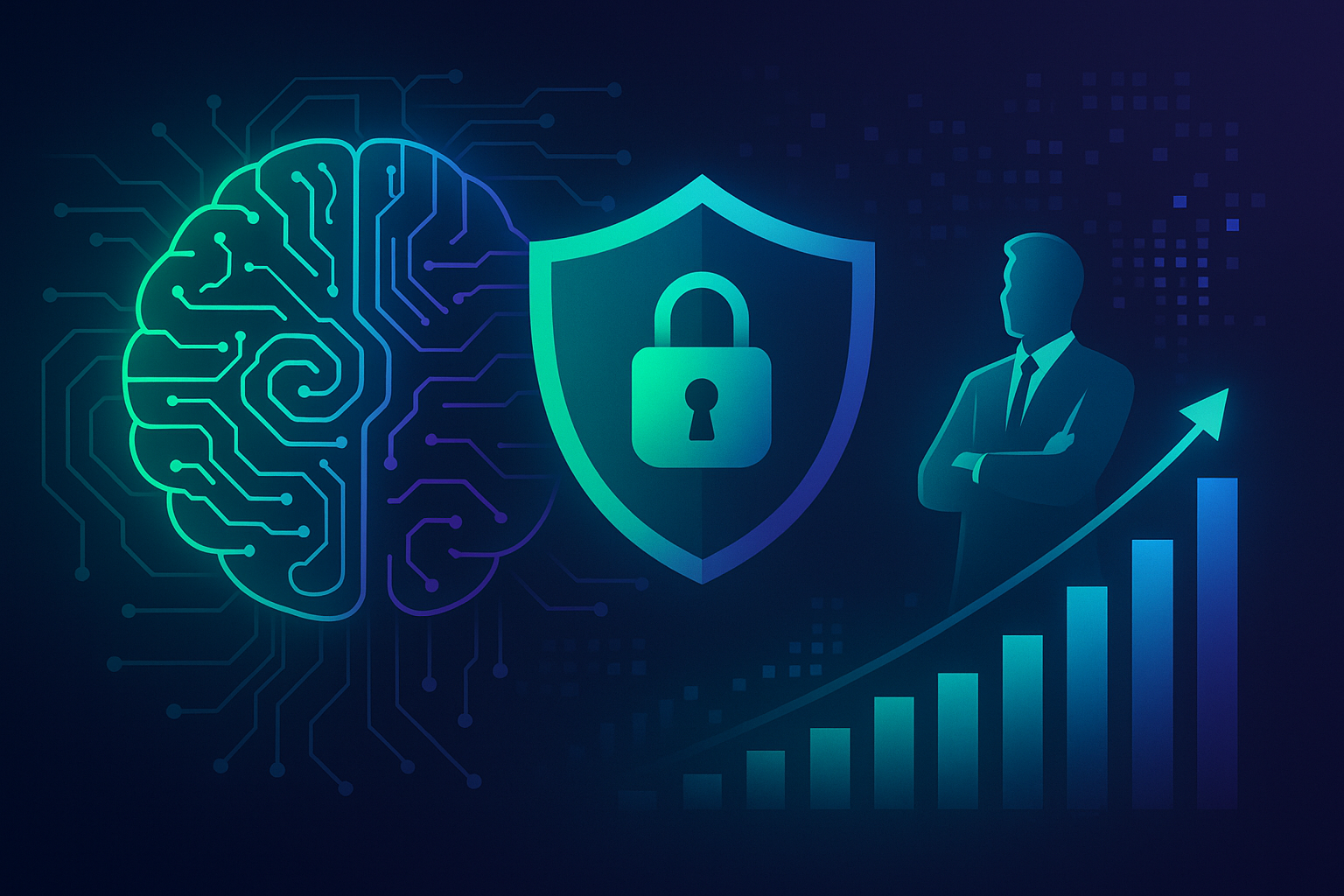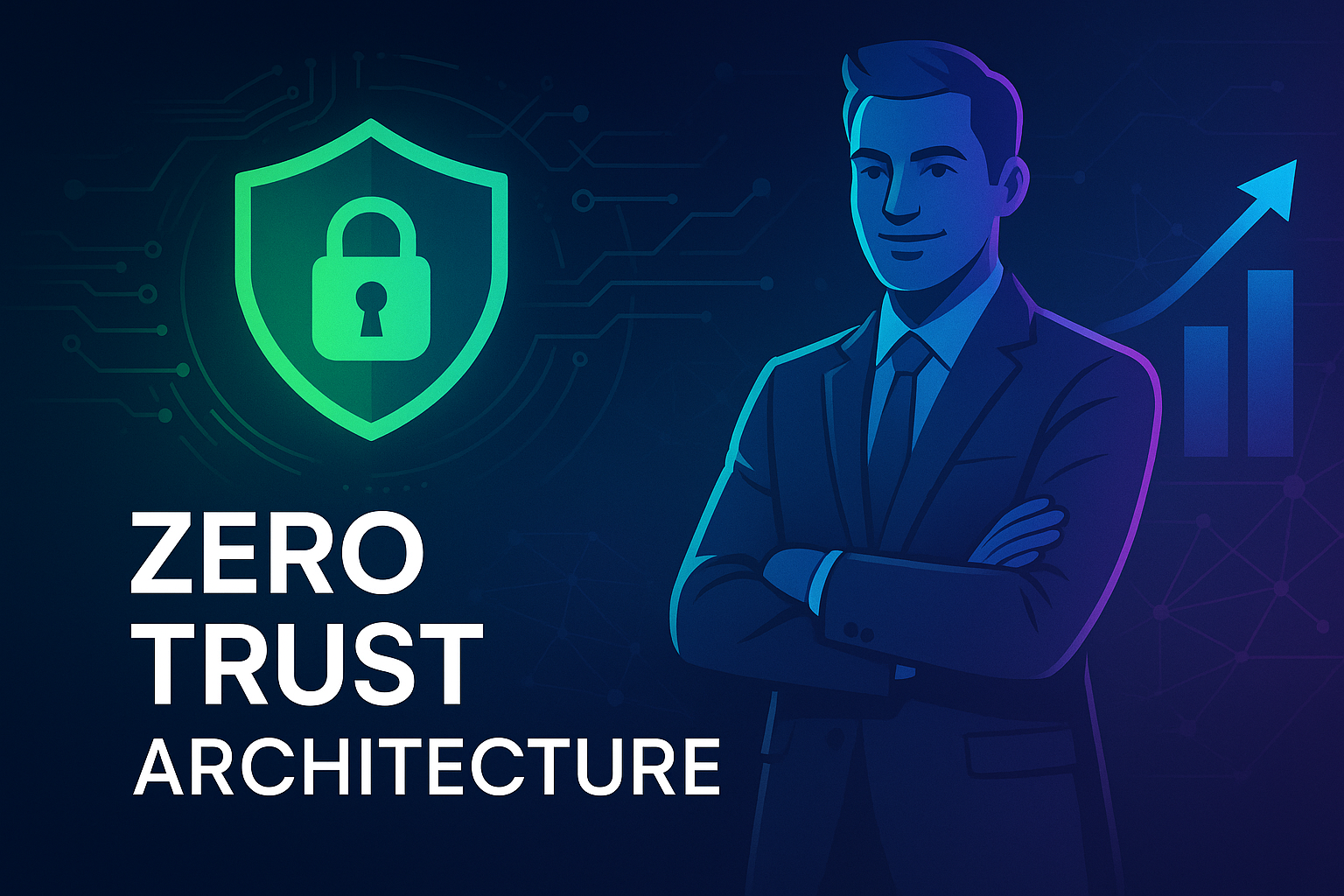Brazil Arrests U.S. Department of Defense Hacker Implicated in FBI InfraGard Breach
In a dramatic turning point in international cybersecurity enforcement, authorities in Brazil have arrested a hacker linked to the U.S. Department of Defense (DoD) cybersecurity breach and the infiltration of the FBI’s InfraGard program. This development highlights both the complexities and the global nature of cybersecurity operations. Given the implications for systems around the world, this arrest underscores the importance of robust cybersecurity measures for organizations both large and small.
A Closer Look at the Incident
The arrest followed a month-long investigation into a substantial breach of the FBI’s InfraGard, a program established to foster information sharing between the private sector and the government about cyber and physical threats. This breach, as first reported by Krebs on Security, exposed sensitive information and raised questions about the security measures in place across organizations integral to national and international security infrastructure.
The hacker, who allegedly accessed sensitive data and systems within the DoD, orchestrated the breach by exploiting vulnerabilities in the system, focusing on gaining privileged access to protected networks. This incident reiterates the critical need for advanced cybersecurity services, such as those provided by Hodeitek, and emphasizes the significance of staying ahead in the cybersecurity arms race.
Key Cybersecurity Lessons and Solutions
One of the most pertinent lessons from this incident is the necessity for businesses, especially those handling critical information, to adopt cutting-edge cybersecurity strategies. Here are some key solutions that can help mitigate such risks:
Endpoint Detection and Response (EDR), Extended Detection and Response (XDR), and Managed Detection and Response (MDR)
The role of EDR, XDR, and MDR solutions cannot be overstated in handling advanced threats. These systems provide continuous monitoring and analysis of threats in real time, enabling quick responses to potential breaches. With sophisticated analytics and threat intelligence, these services help enterprises anticipate new methods hackers might employ and thus enhance their defense mechanisms significantly.
Next Generation Firewall (NGFW)
A Next Generation Firewall (NGFW) is essential in providing deeper inspection capabilities compared to traditional firewalls. NGFWs incorporate intrusion prevention, application awareness, and threat intelligence, which can effectively recognize and block complex attacks at faster speeds, thereby preventing unauthorized access in real time – crucial in scenarios similar to the InfraGard breach.
Vulnerability Management as a Service (VMaaS)
Proactively managing vulnerabilities is critical to securing an organization’s IT landscape. VMaaS helps to identify, classify, prioritize, and address exposures before they can be exploited by malicious actors. Continuous vulnerability assessments ensure that your defenses are updated and capable of withstanding sophisticated attacks such as those experienced by the FBI’s InfraGard.
SOC as a Service (SOCaaS) 24×7
Implementing effective SOC as a Service (SOCaaS) provides companies with 24/7 security monitoring and incident response, which are crucial for quick threat detection and mitigation. SOCaaS delivers expert analysis via a team of cybersecurity experts who monitor and respond to potential threats, ensuring the cybersecurity infrastructure remains resilient against breaches.
Industrial SOC as a Service (SOCaaS) 24×7
For industries that rely heavily on technology and face unique challenges, Industrial SOCaaS provides specialized monitoring and security operations capabilities that are tailored for industrial control systems and operational technology environments. This focus helps protect critical infrastructure from attacks like those targeting the DoD’s communications systems.
Cyber Threat Intelligence (CTI)
Integrating Cyber Threat Intelligence (CTI) offers organizations a crucial advantage by delivering insights into potential threats and adversaries. CTI helps organizations understand threat vectors and improve their defensive measures, thereby turning reactive security postures into proactive defenses.
Data Loss Prevention (DLP)
Data Loss Prevention (DLP) systems are essential for safeguarding sensitive data, preventing its unauthorized sharing or access. These systems ensure that data protection goes beyond regulatory compliance, defending against insider threats and unintentional exposure of classified information, a significant risk highlighted by the latest cybersecurity breach.
Web Application Firewall (WAF)
Web Application Firewalls (WAF) protect web applications by filtering and monitoring HTTP traffic, crucial for preventing cyberattacks that exploit vulnerabilities. WAFs defend against OWASP Top 10 threats and enhance an organization’s security posture by blocking malicious traffic before it can impact the business.
Global Impact and Forward-Looking Perspectives
The arrest and ongoing investigation into the InfraGard breach offer an opportunity for global sectors to reassess and bolster their cybersecurity frameworks. Information security protocols must evolve in complexity to match the resourcefulness of modern cybercriminals who operate on a global scale. While the arrest in Brazil highlights a victory in cyber law enforcement, it also poses a reminder of the persistent threats and challenges that organizations face in securing their digital assets.
For businesses across the European Union and beyond, ensuring that cybersecurity systems are in place is not merely a technological necessity but a strategic imperative. Leveraging comprehensive solutions such as those offered by Hodeitek ensures that organizations are not only prepared to react swiftly to potential breaches but can also preemptively shield themselves from possible threats.
To explore how these cybersecurity solutions can be tailored to your company’s needs, visit our detailed service pages on cybersecurity. For any questions or to consult an expert from our team, feel free to contact us directly.
Conclusion
The Brazilian arrest after the DoD hack brings to light the urgent need for enhanced cybersecurity measures. The incident not only disrupts national security programs but also serves as a wake-up call to organizations globally to strengthen their defenses. By integrating advanced cybersecurity solutions like EDR, XDR, MDR, and Next Generation Firewalls, companies can better protect their assets and data integrity.
Remember, safeguarding your digital ecosystem is an ongoing process that requires vigilance and proactive strategies. Don’t wait for a breach to happen; act today. Partner with Hodeitek to build a robust cybersecurity framework tailored to your organizational needs. For a comprehensive consultation, reach out to us and secure your digital future now.






